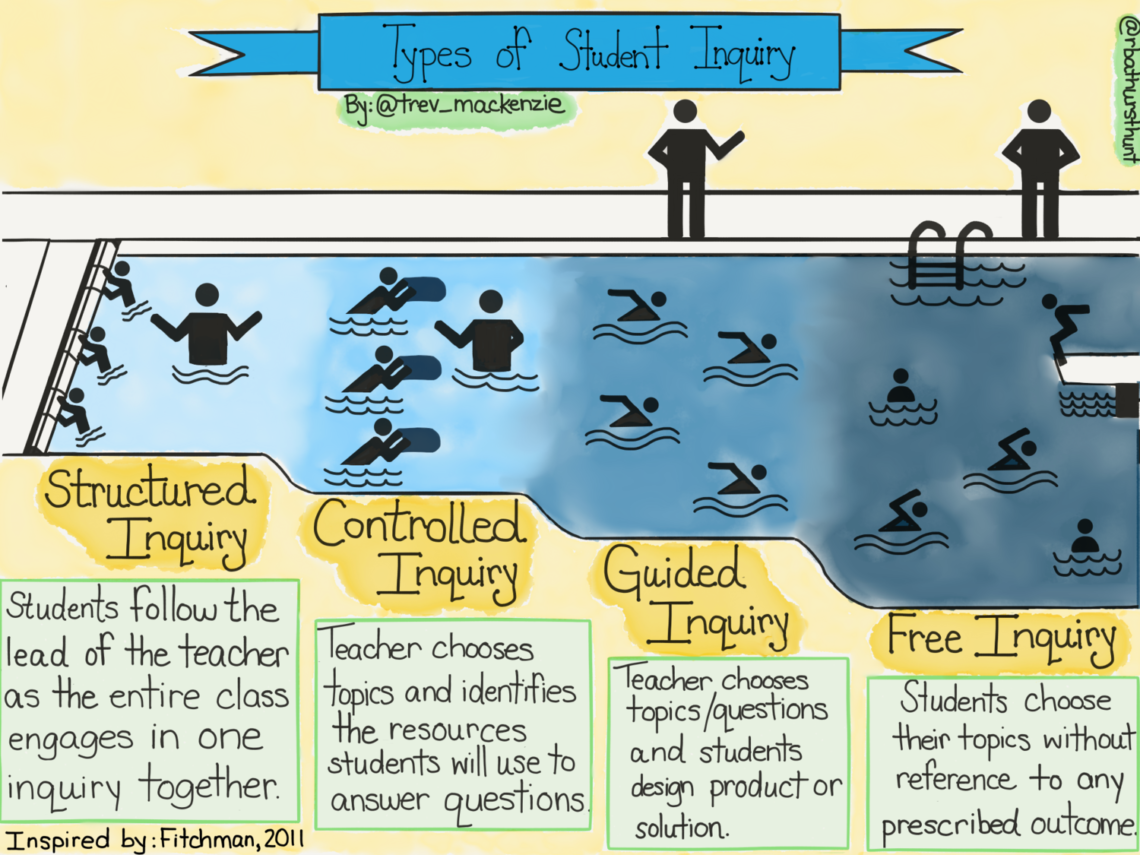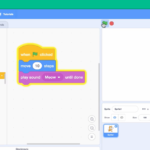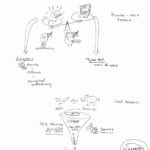This week we circled back to inquiry-based learning and had a really interesting question and answer with guest Trevor Mackenzie. Going into class I felt I had a strong grasp on what inquiry is all about and what it looks like in the classroom. We’ve been undertaking a number of inquiry-based assignments ourselves in this course and other, and it feels very comfortable: find something your interested in, dig into some key questions that will help guide your journey, and learn. This has been the basis of how as an adult I’ve figured out most things: fix a bike, get by in a tech job with constantly changing technology, travel, etc…
The really big take away for me from Trevor’s talk was that many students won’t yet have the skills needed to successfully dive into the kind of inquiry we’ve been doing at the university level – free inquiry (student driven without prescribed outcome). This is backed up by research Trevor mentioned looking at the benefit of various pedagogies, and some common sense: If you’re not accustomed to inquiry, being thrown into the deep end isn’t likely a recipe for success.
For me, I have much less personal experience with the structured, guided and controlled types of inquiry and they strike me as requiring a more nuanced approach. We’re called on as teachers to both guide and constrain the process while holding true to constructivist ideas that have learners building knowledge for themselves. I think this is going to require me to build some skills, specifically on how to best formulate these inquiry activities as well as how to most effectively be a “guide on the side.”
Here are some resources I’d like to explore:
Dive into Inquiry – Trevor Mackenzie
https://www.trevormackenzie.com/dive-into-inquiry
Make Just One Change: Teach Students to Ask Their Own Questions – Dan Rothstein & Luz Santana
https://www.amazon.ca/Make-Just-One-Change-Questions/dp/1612500994






